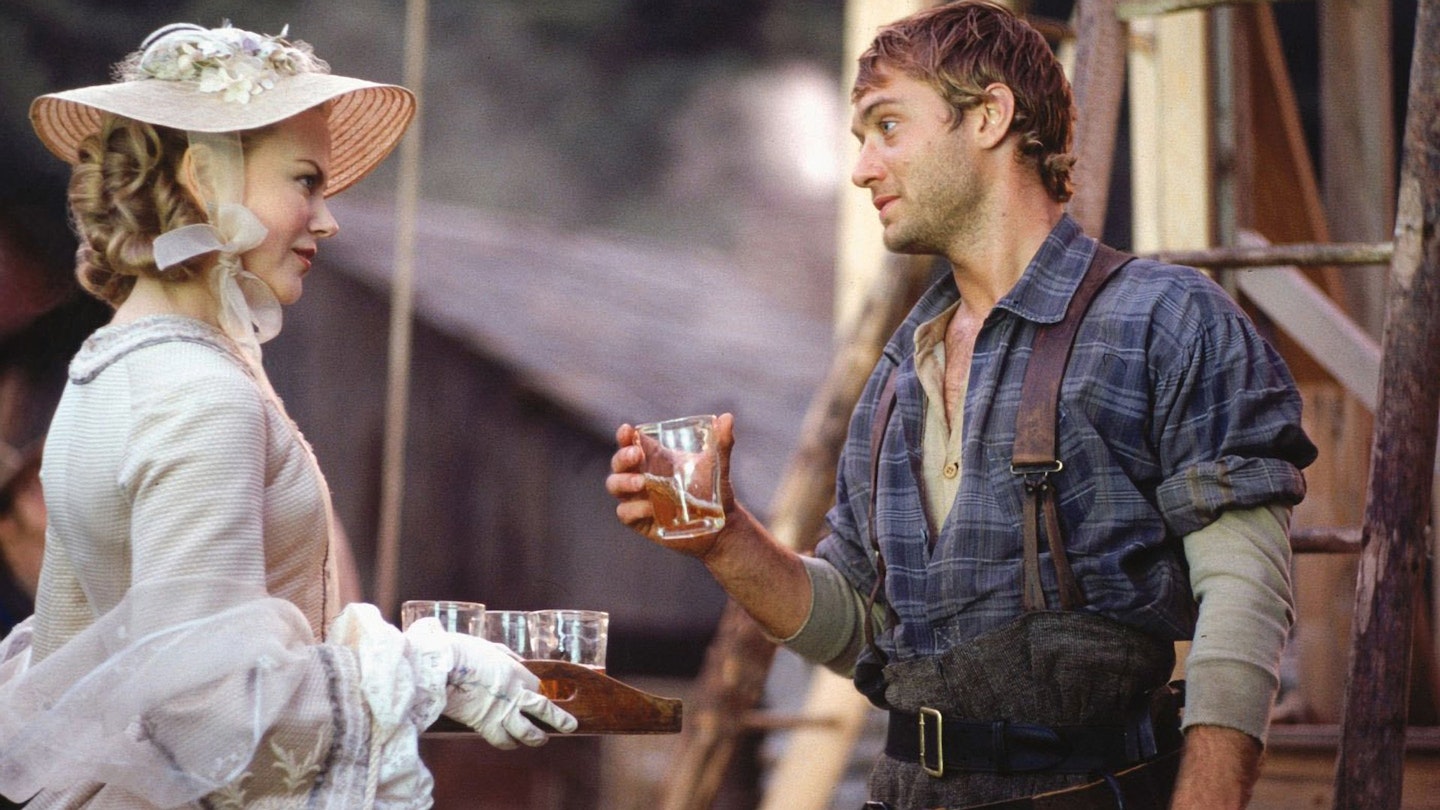The problem with The English Patient is that to enjoy it, you have to be either English or patient. So said Joe Queenan, as he delivered his pithy proscription on director Anthony Minghellaís multiple Oscar-winner. Well, Minghella was at it again last year, chiding those who are neither patient, nor, in this case, American; those unable to endure the ponderous, painful roads down which his characters invariably wander.
Here, the director's casualty of wartime love is Inman (Jude Law), a Confederate deserter who's travelling home to his love, Ada (Nicole Kidman), whom – this being a distinguished Miramax literary adaptation – he has never really known. Like The English Patient and Lasse Hallström brace The Cider House Rules and Chocolat, Cold Mountain emerged from Weinstein's production line primed to tap on Oscar's shoulder, brimming with literary pedigree, lavish scenery, weighty emotions and an eminent cast. Alas for Miramax, the only shoulder offered by Oscar was as cold as the film's mountain. That, however, should not really matter: Minghella's movie – a soft-yet-savage folk tale – is, in fact, so self-congratulatory it should be able to survive without plaudits from other quarters. It revels in its deliberate delicacy, painting gnarled characters against a vast, snowy backdrop framed by menacing mountains.
This epic canvas might not inspire the Academy – he has done it all before – but it lets Minghella adapt another poetically composed novel, where the plot is of less importance than an immersion in the landscapes and the characters' inner conflicts. The love between Inman and Ada is that of a folk tale; the two have barely met, yet during their separation each wields the memory of the other as a weapon in their own personal battles, their affection serving as salvation from their circumstances, rather than recalling a longing for times past.So too the main narrative structure, employed by every scribe from Homer to Hartman (Phil, in Pee-Weeís Big Adventure!), which sees the hero's journey punctured by encounters that act as their own self-contained fables.
Kidman's porcelain beauty, Renée Zellweger's spikey sidekick, Jude Law's distant hero – all the elements that so annoyed more acerbic critics are valuable ingredients of a fairy tale, and it is only within this context that the delicate love story blossoms, detached from the harsh realism of the world in which it plays.
Of course, by design, fairy tales lack the desert heat and fiery passion that helped The English Patient connect with a wide audience (the central affair is, by comparison, rather cold) and it's safe to say Minghella never quite wrestles his part-odyssey, part-survival story structure into submission, but his journey boasts enough wonders to woo even the most jaded critic.
